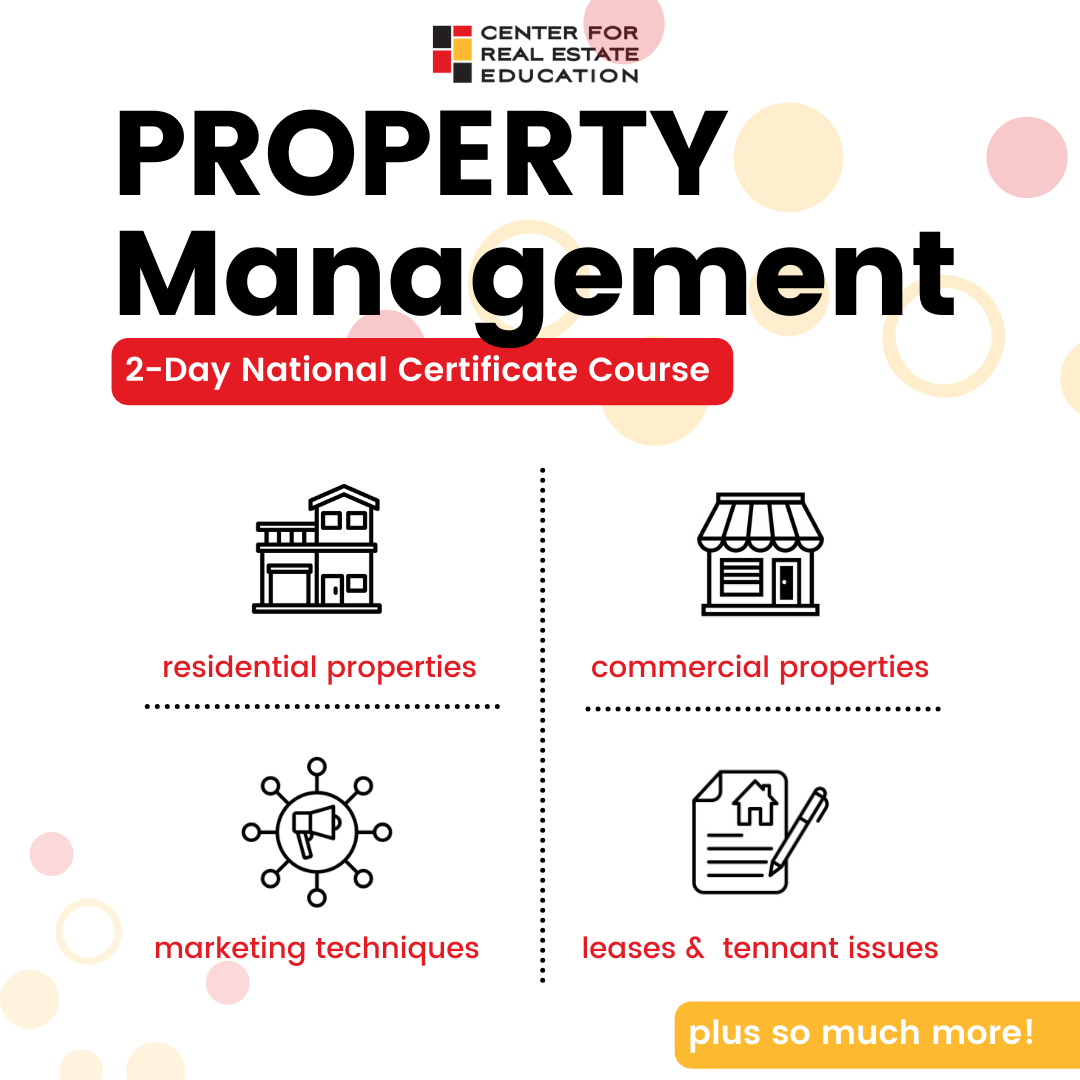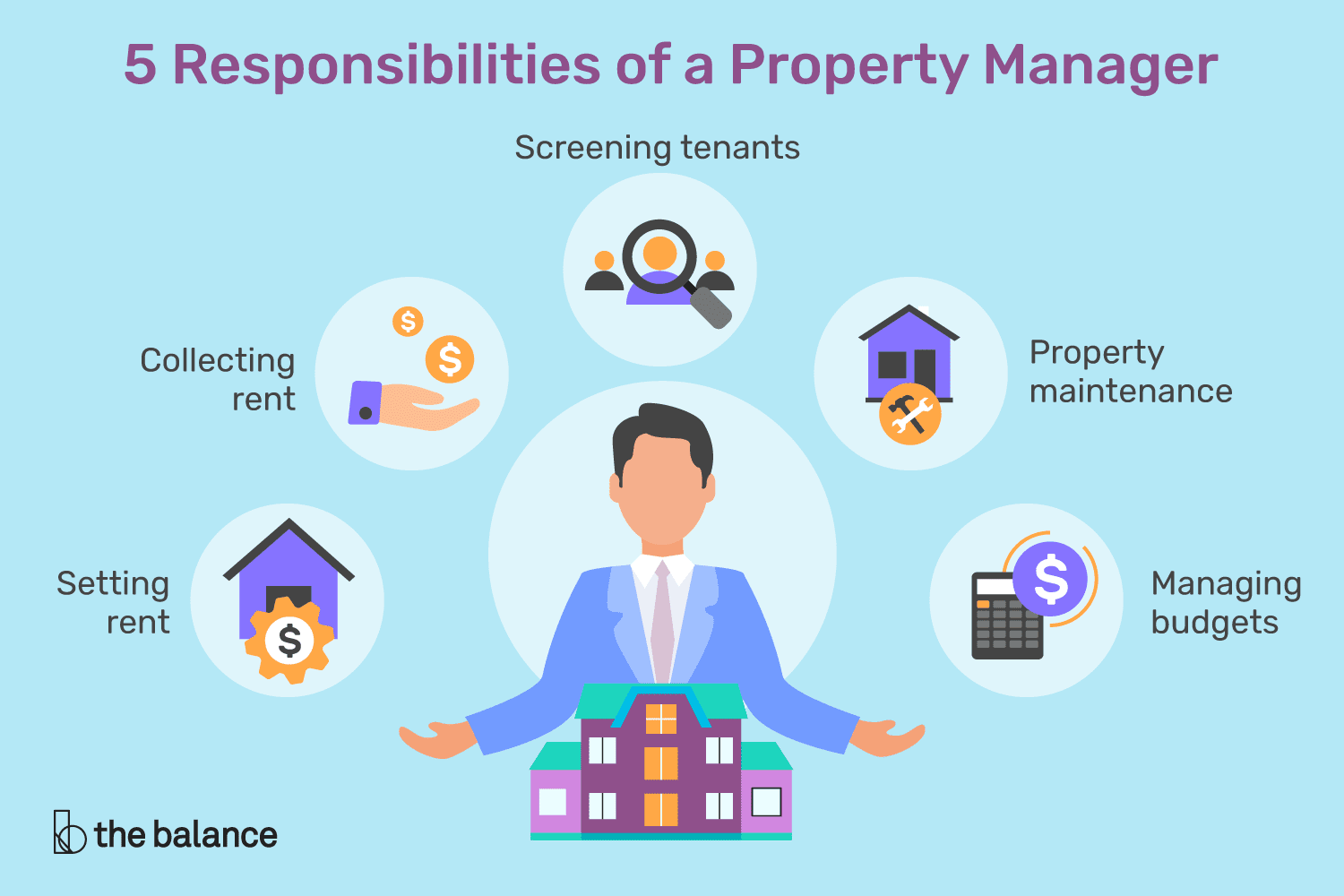

In contemporary property management, technology serves as a pivotal element that not only enhances operational efficiency but also transforms the overall tenant experience.
The integration of advanced tools-ranging from property management software to automated maintenance systems-facilitates improved communication and streamlines routine processes.
As the industry adapts to these technological advancements, the implications for decision-making and sustainability become increasingly significant. However, as we explore the nuances of these innovations, one must consider the potential challenges that accompany such rapid change.
In today's competitive real estate landscape, the importance of technology in property management cannot be overstated. Effective management relies on leveraging advanced tools that enhance operational efficiency, improve tenant relations, and facilitate data-driven decision-making.
Technology streamlines processes ultimately reducing administrative burdens and operational costs. Additionally, it enables real-time communication between property managers and tenants, fostering stronger relationships and ensuring timely responses to inquiries or issues.
The integration of technology also supports thorough financial tracking and reporting, allowing property managers to monitor performance metrics and make informed adjustments. Embracing technological innovations is essential for property management firms aiming to stay ahead in an evolving market and meet the expectations of tenants.
Property management has been revolutionized by a variety of key technological tools and software designed to optimize operations and enhance tenant experiences. Property management software, such as Buildium and AppFolio, streamlines tasks like tenant communication, lease tracking, and rent collection.
Additionally, maintenance management systems, like Maintenance Connection, allow property managers to efficiently handle service requests and track work orders. Tenant portals provide residents with easy access to important documents and payment options, fostering better communication.
Moreover, accounting software like QuickBooks simplifies financial management by automating invoicing and expense tracking. By integrating these tools, property managers can improve operational efficiency, reduce manual errors, and ultimately deliver a higher level of service to their tenants.

A significant advantage of automation in property management operations is the substantial increase in efficiency it provides. By streamlining routine tasks such as rent collection, maintenance requests, and tenant screening, automation reduces the time and effort required from property managers.
This allows them to focus on more strategic activities, improving overall productivity. Additionally, automated systems minimize human error, ensuring accurate record-keeping and reporting, which is essential for compliance and financial management.
The ability to integrate various functions into a single platform enhances data accessibility and collaboration among team members. Ultimately, automation not only optimizes operational workflows but also leads to cost savings, making property management more sustainable in the long run.
Effective communication with tenants is a significant aspect of successful property management, particularly as automation frees up time for property managers to engage more meaningfully with residents. Utilizing technology enhances communication by facilitating real-time updates, maintenance requests, and community announcements.
These platforms enable tenants to easily report issues or inquire about services, ensuring prompt responses from management. In addition, automated communication tools can streamline reminders for rent payments and lease renewals, reducing potential misunderstandings.
By leveraging technology, property managers can foster a more transparent and responsive environment, ultimately leading to higher tenant satisfaction and retention. Emphasizing effective communication through these technological advancements is essential for modern property management success.

Harnessing the power of data analytics has become an indispensable tool for property managers seeking to enhance decision-making processes. By leveraging extensive data sets, property managers can gain critical insights into tenant behavior, market trends, and operational efficiencies.
Additionally, predictive analytics can help identify potential issues before they escalate, optimizing resource allocation and improving tenant satisfaction. Moreover, data-driven insights facilitate enhanced risk management by enabling property managers to assess market fluctuations and investment opportunities more accurately.
Ultimately, the integration of data analytics into property management processes not only streamlines operations but also empowers managers to make strategic decisions that align with business objectives.
As property managers increasingly adopt data analytics for informed decision-making, they are also poised to embrace emerging trends that will shape the future of the industry. One significant trend is the integration of artificial intelligence (AI) in tenant interactions, streamlining processes and enhancing customer experiences.
Additionally, the rise of smart building technologies will enable more efficient energy management and maintenance operations, ultimately reducing costs. Remote property management tools will grow in popularity, allowing managers to oversee multiple properties seamlessly.
Moreover, sustainability initiatives will become paramount as tenants increasingly demand eco-friendly living environments. Finally, blockchain technology may revolutionize transaction processes, providing transparency and security in property dealings.

Property managers typically address tenant disputes through a structured process that emphasizes communication and resolution. Initially, they gather all relevant information from the involved parties to understand the issue thoroughly. They may mediate discussions to facilitate a constructive dialogue. If necessary, they can refer to lease agreements and local laws to guarantee compliance. The goal is to resolve conflicts amicably and efficiently, maintaining a positive living environment while protecting the interests of both tenants and property owners.
Choosing the right property management company involves evaluating their experience, reputation, and services offered. Start by researching potential firms, checking online reviews, and requesting references from current clients. Assess their communication style and responsiveness, as effective communication is crucial for successful management. Additionally, confirm they are familiar with local regulations and have a solid understanding of market dynamics. Finally, discuss fees and contract terms to guarantee they align with your investment goals.
When selecting a property manager, consider their experience in the industry, relevant certifications, and knowledge of local real estate laws. A strong track record in tenant relations and property maintenance is vital, as well as proficiency in financial management and reporting. Additionally, effective communication skills and a proactive approach to problem-solving are essential. Evaluating these qualifications will help guarantee that you choose a property manager capable of meeting your specific needs and maximizing your investment.